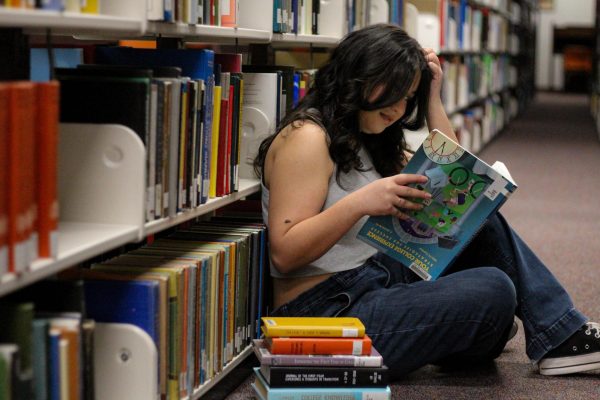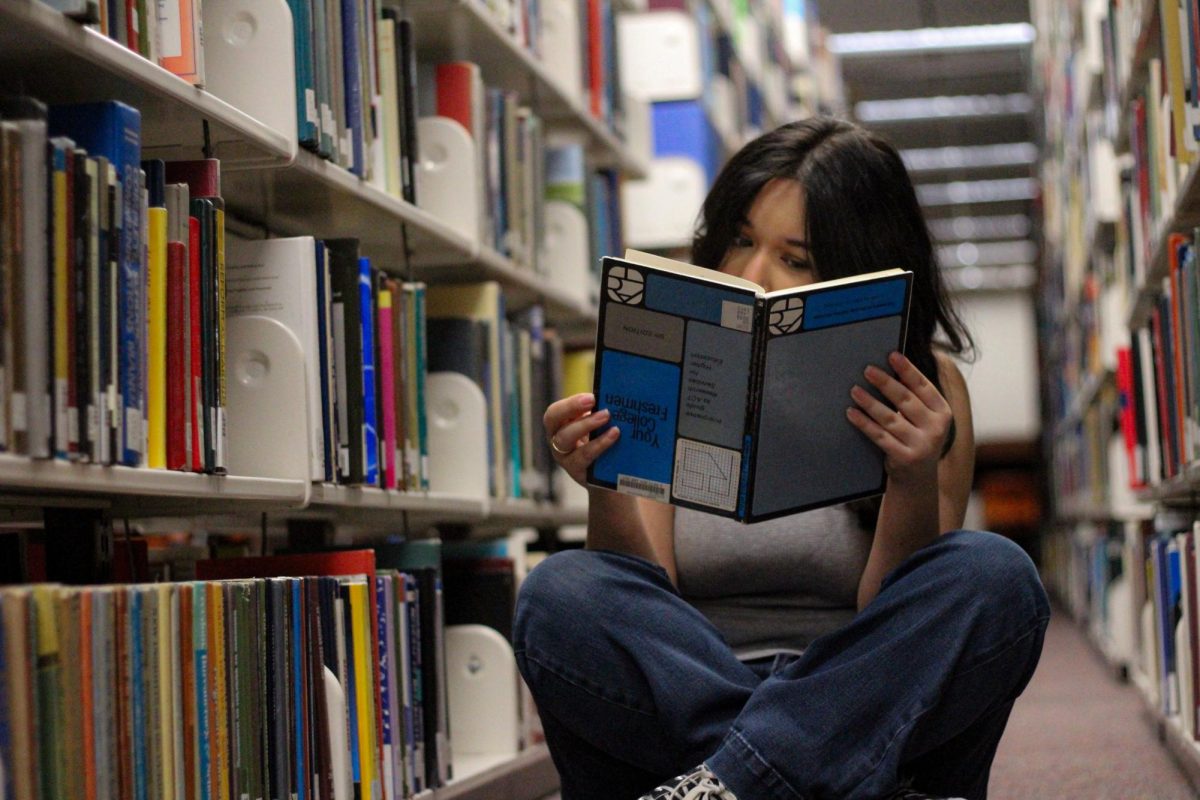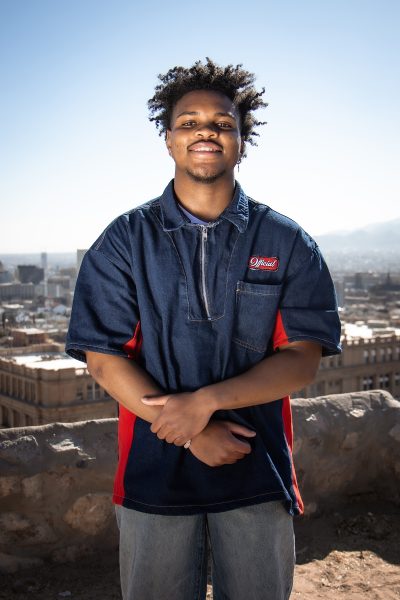Heading into college is a significant change and a step toward adulthood for many, often accompanied with stress.
With such high expectations set by parents, teachers and peers, a manifold of ideas can protrude in a scholar’s mind, building false narratives about college in their heads.
One of the biggest misconceptions about college is that it’s just a nonstop party.
Many Hollywood TV shows and movies create an illusion of campus life, often portraying certain characters as breezing through with little to no work involved.
While at a stage of heavy freedom, the cost comes with more self-responsibility balancing a social and academic lifestyle.
Engaging community opportunities or attending functions can be one of the best personal experiences, but education should stay a priority.
Students must remember that they’re investing thousands of dollars for a degree—not an unexpected adventure.
In the same instance, overloading yourself with assignments can lead to early burnout, a self-inflicted obstacle that often hinders collegiate success.
Though college can be challenging, especially for certain majors, finding hobbies and moments of relaxation is essential for maintaining a healthy mindset throughout the academic journey.
Here at UTEP, MineTracker helps find tailored groups towards the interests of a student with the swipe of a finger.
At first it may seem weird; however, connections are one of the best tools a person can have in any walk of life.
People need to take the initiative to make a name for themselves, and it can start with something as simple as casual conversation about a class or subject, nothing extra.
This topic also includes professors since there’s a notion it’s hard to ask for help from them.
While some criticism may be justified from a small group, most professors are willing to help—provided students approach them with the right attitude, respect and mindset.
Another misconception is believing that if someone didn’t need to study in high school, they won’t need to study in college.

University level curriculum requires more attention to detail in studies to retain all the information being thrown around unlike lower learning levels.
Many incoming college students develop bad habits during their final year of high school, leading to a rude awakening in their first semester.
Though some would argue the work itself is easier, falling behind truly sets a student back for the rest of that class.
UTEP electrical engineer major Rumell Weekley weighed his thoughts on study habits.
“It’s (college) more self-reliant and takes more responsibility…I’m one of the people who did it (didn’t study) because I thought my first semester was going to be like high school, but ended up nearly not passing my first intro to engineering class because I did not study by myself. Once I actually locked in and did work myself, I started to understand it and I passed the class.”
Staying on top of work makes for an easier and stress-free college life. It can be easier said than done, but a good reminder is the sole purpose of one’s educational journey. No one will be over your shoulder to nag a student on responsibilities, the university already gets their earnings. A student must be self-reliant and persistent to see that happen and not find themselves slacking off.
The last “haunting” misconception is “I have to have it figured all out.”
Life moves extremely fast and by the time most know it, in the blink of an eye, their college days will be over. Throughout this journey, many will experience personal growth and gain a clearer vision of what they want to achieve in life. The key is to take it day-by-day, focusing on the present rather than rushing too far ahead to reach your ultimate goals.
Nia Adejokun, a UTEP biomedical science major, expressed her viewpoint on this manner.
“One of the biggest misconceptions about college is that it’s the place where you’re going to “find yourself” or have your whole life figured out. People act like you’re supposed to have your dream career, social life and mental health all thriving—but in reality, it’s a mix of late-night existential crises, random identity shifts and realizing your major might’ve been a personality trait, not a passion.”
Students should be aware that earning a piece of paper from a university won’t make you the most upstanding or perfect citizen. Life is full of teachable moments that can shape a person, and there’s no such thing as perfect, only opportunities to develop and evolve.
The great thing about college is that it’s not quite the “real world,” allowing room to focus on self-discovery with both mental and physical growth. Scholars and dream chasers should take full advantage of this chapter, making the most of their college experience in a way they’ll never regret.
Cameron Mason is a contributor for The Prospector and can be reached at [email protected].








